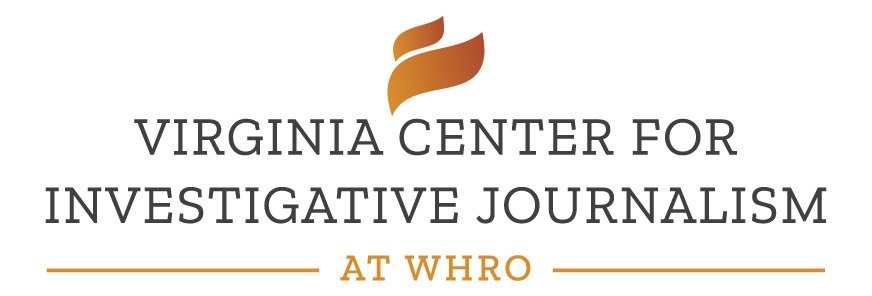Republicans cite cost savings to limiting early voting stations, while Democrats claim it's an effort to limit poll access to Black voters that could spread through the commonwealth
By Jimmy Cloutier
Virginia Center for Investigative Journalism at WHRO
The Richmond Electoral Board’s decision last week to limit early voting locations could force voters in majority Black precincts to travel more than two hours by public transit to cast their ballots ahead of election day, an analysis by the Virginia Center for Investigative Journalism at WHRO has found.
The Republican-led board on July 25 voted to close two early voting sites in downtown and South Richmond, leaving the general registrar’s office as the city’s only voting location until the Nov. 7 election. The new Republican majority on the board cited budgetary concerns for its decision, according to Axios Richmond, which first reported the move. Richmond City Council has already appropriated more than $100,000 to fund the two sites.
VCIJ analyzed the city public transit network and census data to assess how the board's decision might affect voters who lack access to reliable transportation — and found that the move could make early voting more difficult in communities of color.
Republicans took control of the state’s 133 electoral boards after Gov. Glen Youngkin’s election in 2021. Leading Democrats say the decision to close two early voting sites in Richmond could be the first effort by the GOP-led boards to curb early voting in minority communities.
Richmond Mayor Levar Stoney (D) said at a July 27 press conference that he’s concerned the conservative-controlled boards will try the tactic in other cities and counties, and make it more difficult for Black and Hispanic voters to get to early polling stations.
In Richmond, the two early voting sites at City Hall and the Hickory Hill Community Center first opened in 2021 to address voter access concerns after the registrar’s office moved to an office park at 2134 West Laburnum Avenue near the city limits. The sites ensured most of Richmond’s 226,000 residents would be within an hour by bus of one or more early voting locations, VCIJ found.
Eliminating them could make early voting inaccessible to potentially thousands of voters who rely on public transportation, especially in predominantly Black and Hispanic neighborhoods in South Richmond.
An estimated 13% of Richmond households don’t have a car, according to the U.S. Census Bureau.
While most voters would need to travel farther to vote early if the satellite sites close, those in majority Black or Hispanic neighborhoods would have the farthest to go.
Voters across eleven census tracts would need to travel more than two hours by bus to reach the registrar’s office, assuming they left at noon, according to an analysis of the Richmond public transit network. Voters in another 47 tracts would have to travel at least an hour one way. In two-thirds of these census tracts, a majority of residents identified as Black or Hispanic, census data shows.
These cover parts of the city with some of the lowest median household incomes.
The exception is a relatively affluent, majority white tract that covers Stony Point and parts of Southampton, nearly three hours by bus from the registrar’s office.
Stoney has threatened to take legal action, likening the board’s decision to voter suppression. Roughly 25% of early votes in the 2022 midterm elections were cast at the City Hall and Hickory Hill locations, according to the mayor.
City officials also argued that the power to close early voting locations rests with the city council. Youngkin’s office suggested it may agree, telling the Virginia Mercury that state law authorizes local governing bodies to establish satellite voting offices, not the electoral board.
The board is scheduled to meet again at 10 a.m. Friday, Aug. 4.
Reach Jimmy Cloutier at jrcloutier@proton.me



